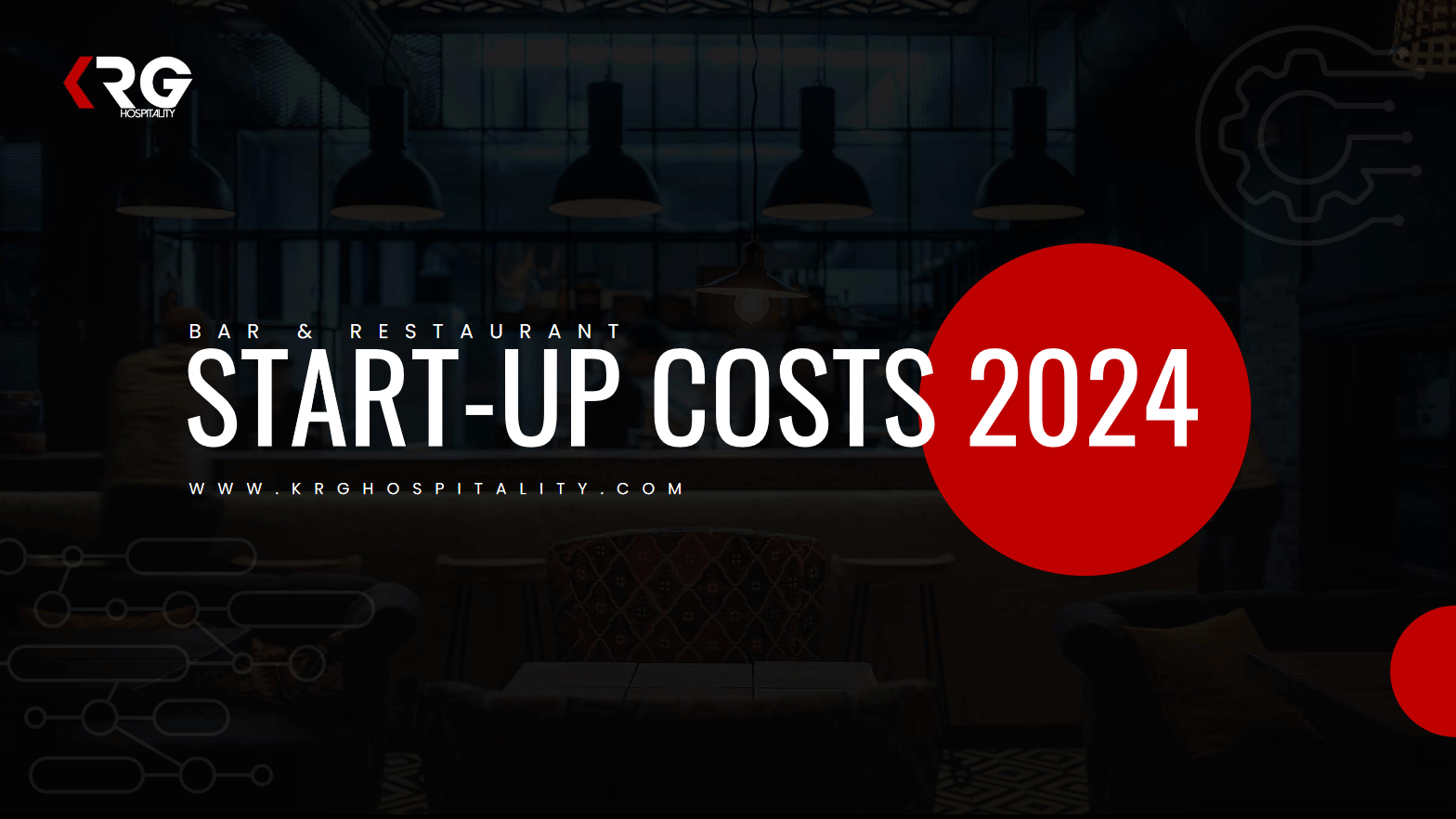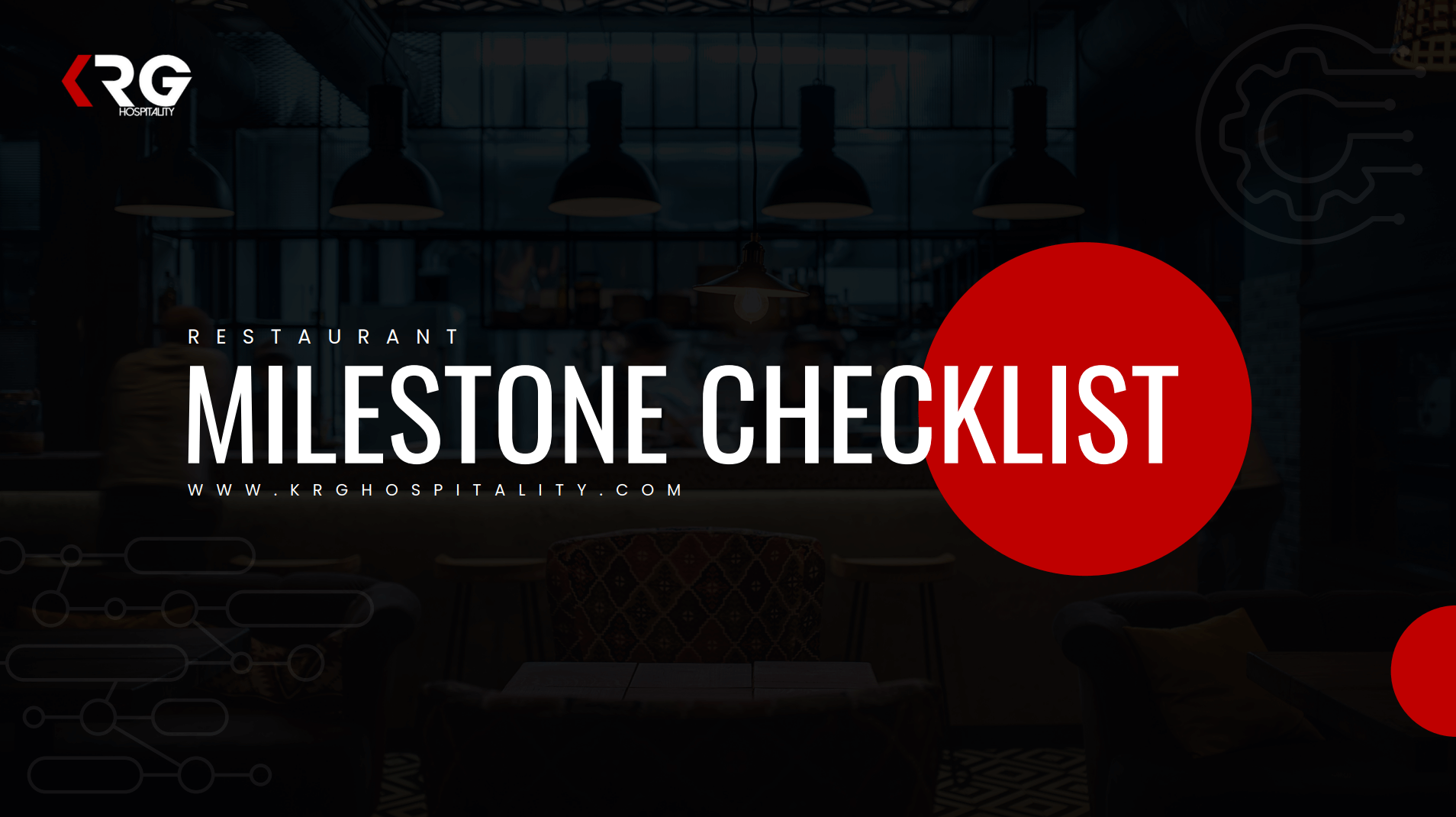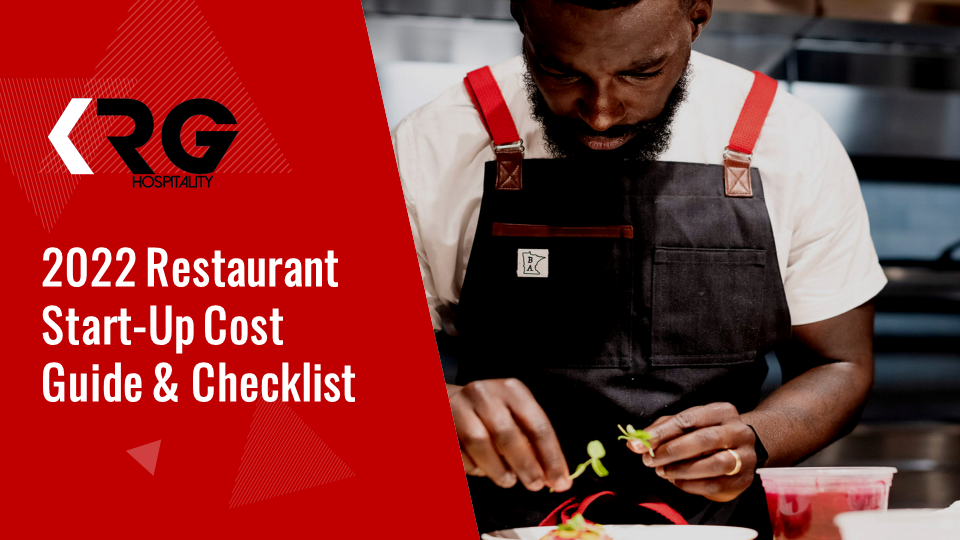3 Wise Operators Share Tips for Surviving a Downturn
by David Klemt

I have to say, AI-generated, diorama-style images look rad.
During a standout session from the 2024 Bar & Restaurant Expo, a panel of three successful and highly respected bar operators answered an important question.
This year, BRE brought together an operator supergroup: Erick Castro, Nectaly Mendoza, and Travis Tober. The trio drove home the importance of becoming a student of the industry; being curious about business; understanding the need to nail the fundamentals; and operators knowing their numbers.
Castro summed up the path to becoming a successful operator rather succinctly: “You need to follow the fundamentals to make money.”
Of course, making money is just part of the success equation. Banking that money so it can work for an operator is another. Again, Castro put it simply, urging operators to live within their means when their bar or restaurant starts making money.
Taking it further, Mendoza pointed out that trying to project an image of success is foolish. As he explained, some operators and bartenders are projecting an image of prosperity and expertise, but it’s nothing more than an illusion.
Tober, who understands this business like few others, drove home the need to understand that really, operators are in the entertainment and relationship business. He, his business partners, and his teams are committed to giving guests a reason to visit their concepts and spend their money.
Toward the end of this incredible session, an audience member, to the benefit of every attendee, asked the trio for advice everyone could take back home to improve their operations.
Tighten Up
When it comes to appealing topics of discussion, most people want to shy away from economic downturn. However, ignoring the possibility of a recession doesn’t prevent it from becoming reality.
In fact, Tober said operators need to prepare now for things “to get rough for the next two or three years.” So, he advised the roomful of operators to tighten up their P&Ls.
For future operators this means making it non-negotiable to understand every aspect of their business. Systems must be in place and standards developed before the first guest ever steps through the doors.
According to Tober, operators who are aggressive and savvy can set themselves up “for life” in the next five or six years. We all know what that means, and it’s one of the reasons an operator need to re-invest in their business.
Adding to Tober’s thoughts on the next few years, Mendoza advised the audience to be prepared to attack opportunities when they present themselves.
On the topic of becoming a sharp and successful operator, Mendoza said to “overkill” the books. “Put the same attention into your books as you do your bar team and menus.”
Put simply, operators who know their numbers and the importance of reinvesting funds have chosen the path toward success. This also relates to hopeful operators. They’ll have the opportunity, if they follow their instincts and wait for the right location to become available, for a strong start over the next few years.
Fortuitously, that fits with Castro’s advice: Make sure you’re actually starting a business, not creating a job for yourself. Also, ensure pour costs, food costs, and labor costs are dialed in because they’re the variables over which operators have the most control. Lastly, aim for low turnover.
Takeaway
If we at KRG Hospitality didn’t agree with Castro, Mendoza, or Tober, we wouldn’t share their advice or insight.
The naked truth is that bars and restaurants are going to close. It happens every day.
Mendoza addressed this reality directly. Looking around the room, he said, “Look, some of you motherfuckers ain’t gonna make it.”
While it got a laugh, it was also true. However, one can improve their odds of success by putting the right systems in place; being curious enough to want to know everything about their business and the industry; hiring people for passion, and committing to mentoring and treating them well; and hiring people who will, as Mendoza said, make stress and pain points irrelevant.
It has been said plenty of times that we can hire for passion in this industry, and train for skills. What I hadn’t really heard until Mendoza said it is that we should also hire people who won’t cause an operator’s headaches. About midway through their session, Mendoza advised the room to ask themselves if the person they’re interviewing is going to be a problem or a good fit.
Another truth is that one operator’s failure represents another operator’s future success. However, that’s not possible without a high-level understanding of one’s business specifically and the hospitality business in general.
Image: Shutterstock. Disclaimer: This image was generated by an Artificial Intelligence (AI) system.













